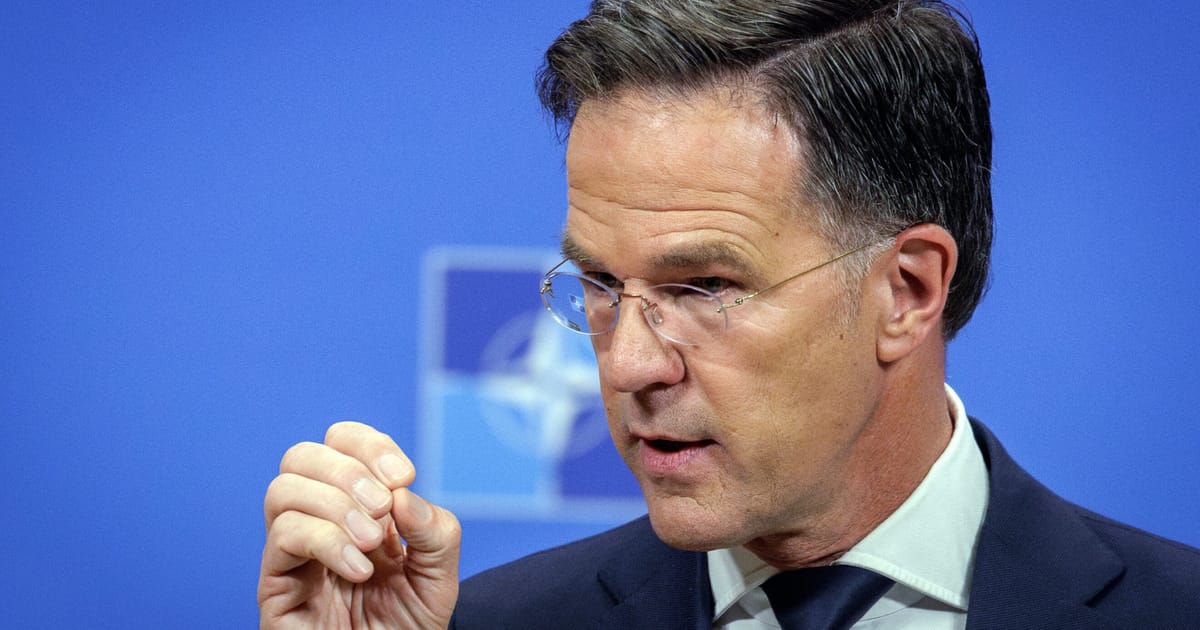Many are temporary workers, or “temps” — often younger, junior staff on shorter contracts of six months. Two current officials told POLITICO there was a marked shift underway to reduce the number of temporary roles and make more positions permanent.
“It’s hard to have consistency if you keep going from temp to temp,” the former senior NATO official said, adding that discussions about decreasing reliance on high-turnover, short-term staff predated Rutte.
“They’re incredibly talented and dedicated people, and hopefully they’ll get a chance to apply for proper contract positions based on their experience and the fact they already hold a security clearance,” the ex-official added.
Rutte, who has been hailed as a “Trump whisperer” for his ability to charm the unpredictable U.S. president, will spend the next three and a half years trying to make sure Trump does not abandon the alliance, as he has repeatedly threatened to do.
Part of Rutte’s pitch to Trump and other allies next week will be that he can make NATO more efficient and use its resources “wisely and sparingly,” VUB Associate Professor and Egmont Senior Research Fellow Alexander Mattelaer said.
“Rutte is reshaping the supporting staff structure at headquarters in line with what he sees as the big priorities,” said Mattelaer, whose research focuses on NATO and transatlantic security, namely “reinvesting in defense and doing so as efficiently as possible.”
